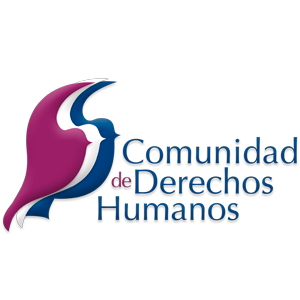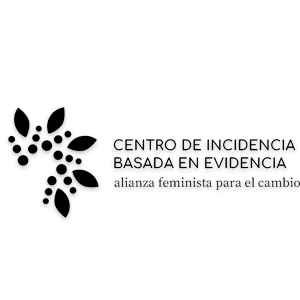Monitoreo EPU
Colombia
El Consenso de Montevideo (CM) es el acuerdo intergubernamental más importante de la región en materia de población y desarrollo, para el seguimiento al Programa de Acción de El Cairo después de 2014. Es un instrumento que incorpora elementos trascedentes para la implementación de políticas que garanticen el pleno ejercicio de los derechos humanos en temáticas tan relevantes como la salud sexual y reproductiva y otras. Es complementario a la Agenda 2030 para el Desarrollo Sostenible, e incluye más de 120 medidas sobre nueve temas identificados como prioritarios.
Relación con el Consenso de Montevideo
| CM 33 | Promote, protect and guarantee sexual health and rights and reproductive rights to contribute to the full realization of individuals and social justice in a society free from all forms of discrimination and violence |
|---|---|
| CM 34 | Promote policies that help ensure that people exercise their sexual rights, including the right to full sexuality in safe conditions, as well as the right to make free, informed, voluntary and responsible decisions about their sexuality, with respect for their sexual orientation and gender identity, without coercion, discrimination or violence, and guarantee the right to information and the means necessary for their sexual and reproductive health |
| CM 35 | Review legislation, standards and practices restricting access to sexual and reproductive health services, including the provision of comprehensive adolescent and youth-friendly services, and ensure access to comprehensive information on all available service options for all persons without discrimination of any kind, to ensure that the highest international standards of protection of human rights and fundamental freedoms are met in our region |
| CM 40 | Eliminate preventable causes of maternal morbidity and mortality by including in the comprehensive package of sexual and reproductive health services measures to prevent and prevent unsafe abortion, including education in sexual and reproductive health, access to modern and effective contraceptive methods, and comprehensive counseling and care for unwanted and unaccepted pregnancy, as well as comprehensive post-abortion care, as required, based on the risk and harm reduction strategy |
| CM 43 | Ensure effective access for all women to comprehensive reproductive health care, specifically humanized, qualified, institutional and quality obstetric care, and to optimal women's health services during pregnancy, childbirth and the puerperium, as well as services integrating pregnancy termination in cases provided for by law and ensuring universal access to assisted fertilization techniques |
| CM 52 | Adoptar medidas legislativas y reformas institucionales para prevenir, sancionar y erradicar el acoso político y administrativo contra las mujeres que acceden a puestos de decisión por vía electoral o por designación, tanto en el nivel nacional como local, así como en los partidos y movimientos políticos |
| CM 54 | Promote legislation and develop and strengthen public policies on labor equality that eliminate discrimination and gender asymmetries in access to and retention in decent jobs, wages and decision-making in the workplace, and that recognize the productive value of unpaid domestic work and care |
| CM 55 | Strengthen the participation of women in decision-making and high-level positions in companies and the training of men and women in hours compatible with their family life, and promote the leadership of women entrepreneurs |
| CM 33 | CM 34 | CM 35 | CM 40 | CM 43 | CM 52 | CM 54 | CM 55 | |
|---|---|---|---|---|---|---|---|---|
| Acceso a Servicios de Salud Sexual y Reproductiva | 3 | 1 | 1 | 0 | 2 | 0 | 0 | 0 |
| Violencia Contra las Mujeres | 1 | 1 | 4 | 1 | 0 | 0 | 0 | 4 |
| Educación Sexual Integral | 0 | 0 | 1 | 0 | 0 | 0 | 0 | 0 |
| Salud Materna | 0 | 0 | 1 | 0 | 2 | 1 | 1 | 2 |
| Aborto | 0 | 0 | 1 | 0 | 0 | 0 | 0 | 0 |
| LGBTI | 0 | 0 | 0 | 0 | 0 | 0 | 0 | 0 |
| 4 | 2 | 8 | 1 | 4 | 1 | 1 | 6 |
3er Ciclo
Seleccione una opción




